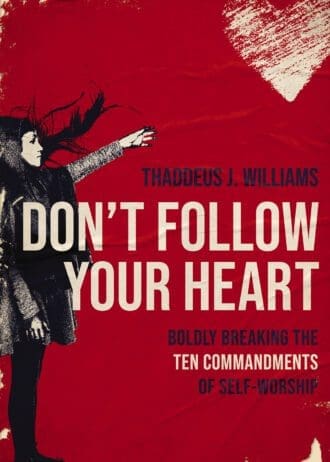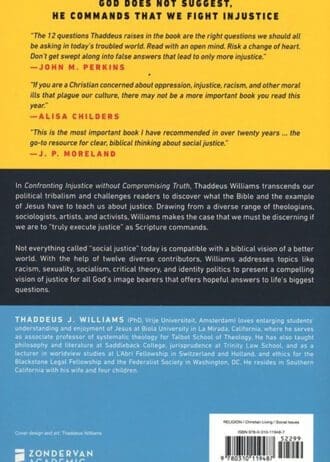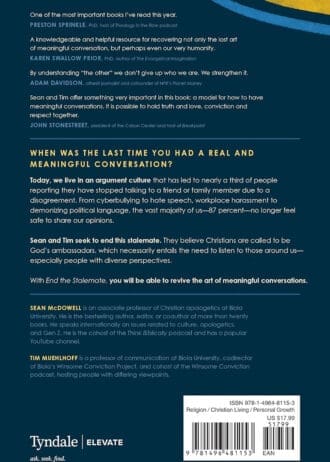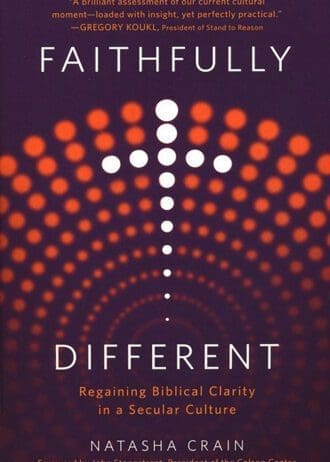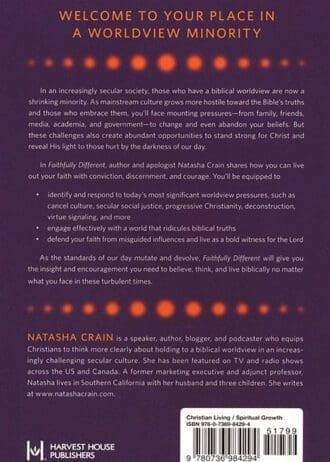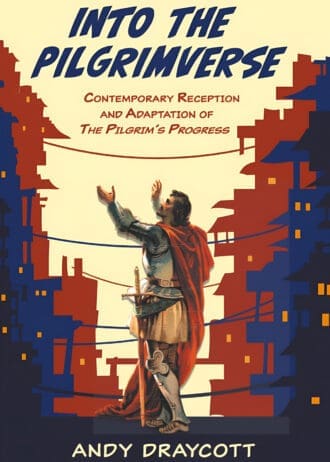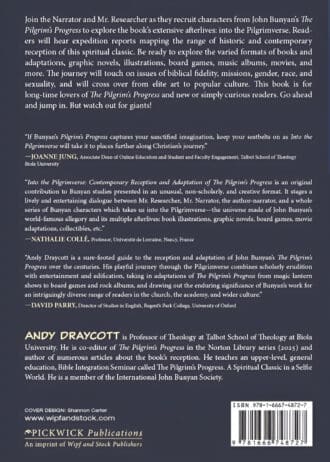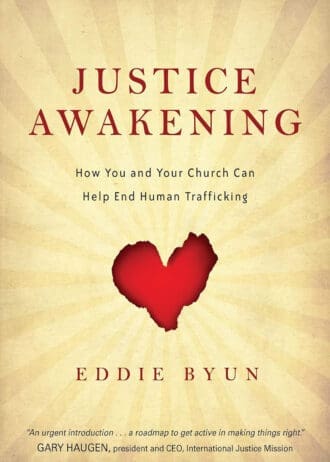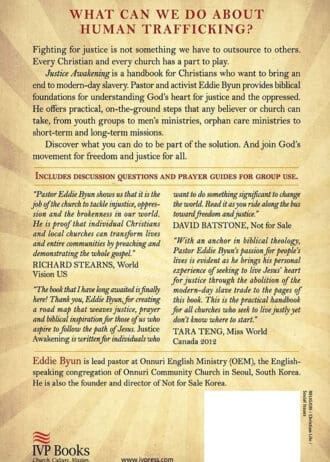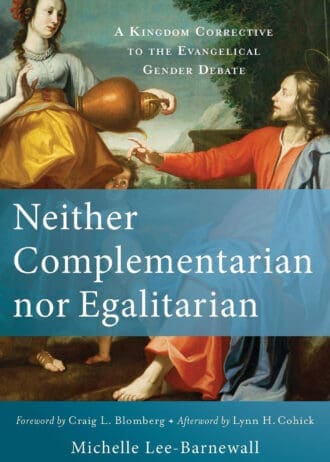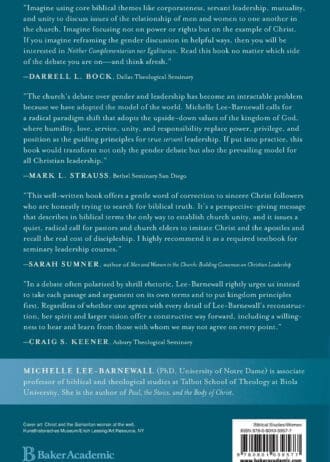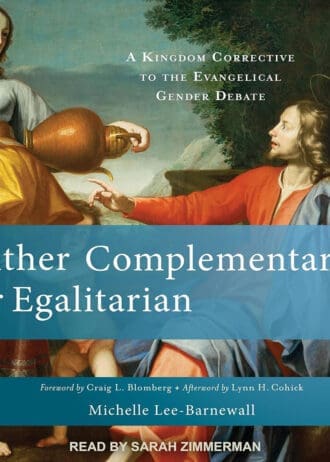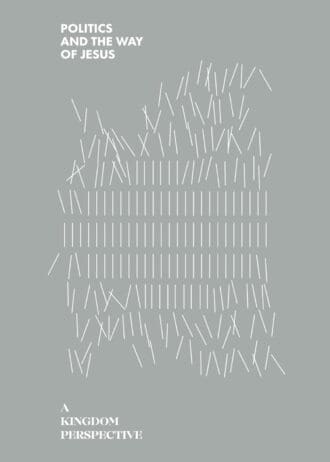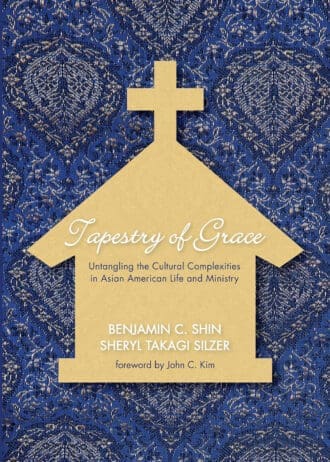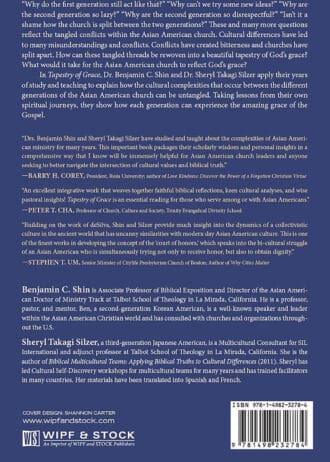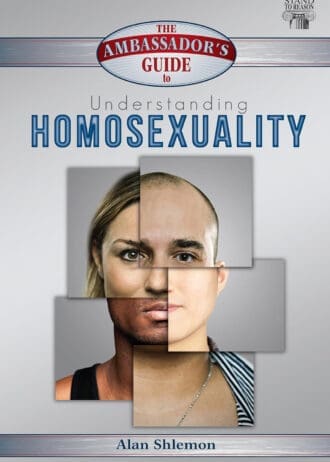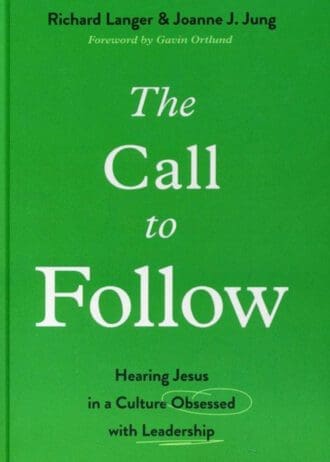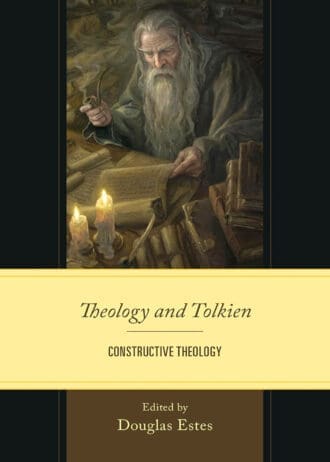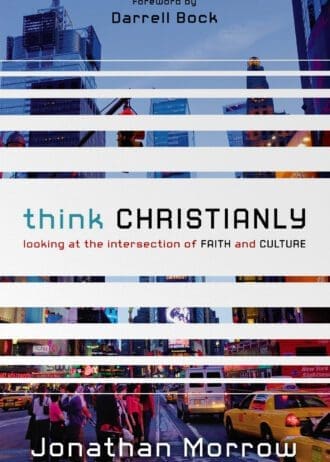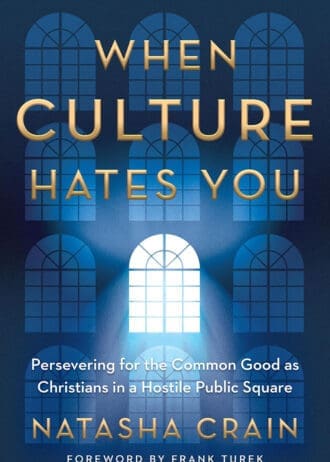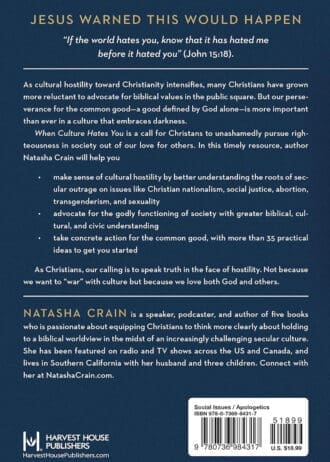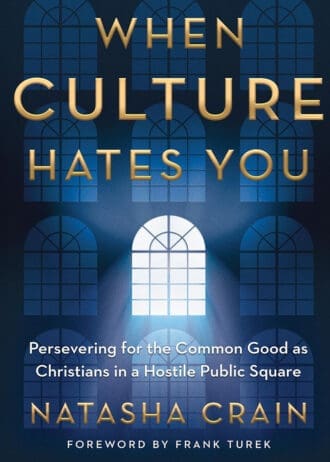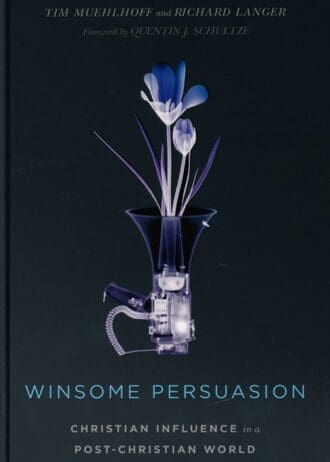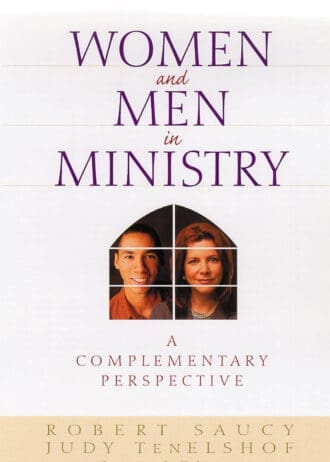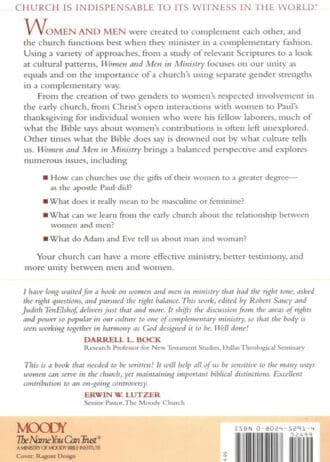The Lord of the Rings and other works of J.R.R. Tolkien have had a far-reaching impact on culture in the late twentieth and early twenty-first centuries. In print and on film, Tolkien’s works seem to be incredible epics, but religious aspects are less obvious. Yet Tolkien himself stated in his letters that the chief conflicts of his epic works were “about God, and His sole right to divine Honour,” and whether Sauron can wrest and destroy all that is good in Middle-earth. It is from this that readers awaken to the theological truths that imbue Tolkien’s works. In Theology and Tolkien: Constructive Theology, an international group of scholars consider how Tolkien’s works (and Jackson’s interpretations) can help us build better theologies for use in our world today. From essays on the music of creation in the Ainulindalë, to angels, demons, and Balrogs, to Tolkien’s theology of God, providence, evil, and love, to the eschatology of the Final Chord of the Great Music, this book invites the reader to journey through Middle-earth as the contributors engage the theology of Tolkien’s works and its impact on the world.
Biola University Contributor:
Charlie Trimm – “Gandalf, Sauron, Melian, and the Balrogs as Angels? A Study of J.R.R. Tolkien’s Maiar in the Context of Biblical Angelology”

